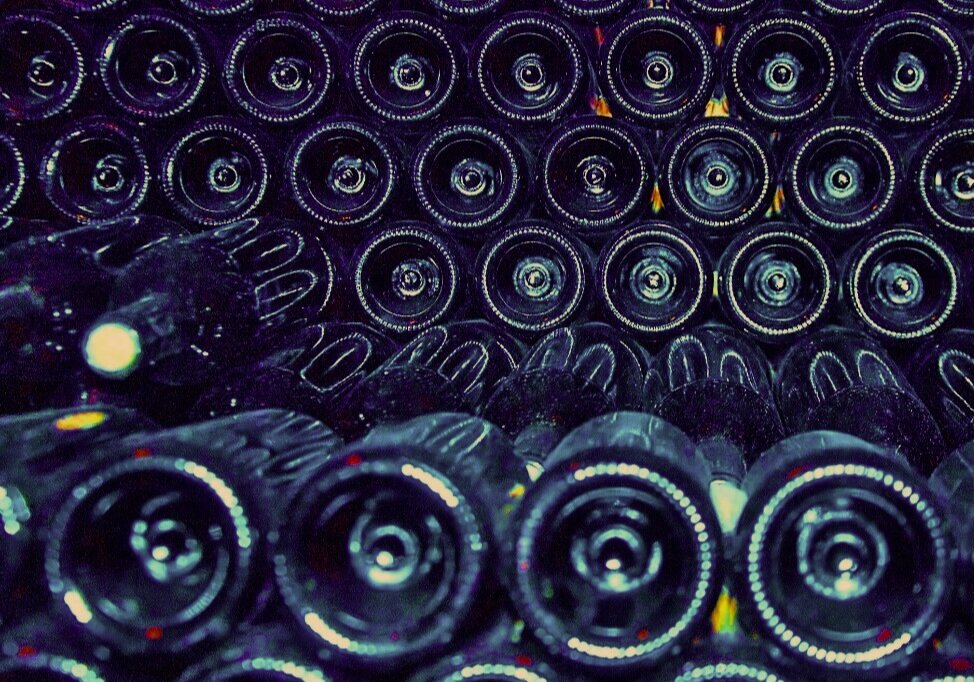
Dear readers,
I’m Breno, back to you with essential bullet points on what you need to know to make the right decisions while trading and investing in fine and rare wine.
As I write you this post, I’m happy to say that Portugal is finally having warmer weather and businesses are carefully reopening.
Nevertheless, always keep in mind: stay safe, protect yourselves and others!
***
What you need to know to start investing in fine wine
As you may already know, investing in fine wine is very profitable and can be extremely helpful to protect your portfolio in the long term, but there are a few issues you should be aware of before and during your investment decisions.
This is a long-term investment
Patience is a virtue. Always look forward and behave as you would behave in terms of any other long-term investment.
Wine is liquid, but as an investment asset, don’t expect liquidity out of it. This investment is meant to be kept for many years and to help building a healthy portfolio and net asset value.
Fine wine is a tangible, real asset, such as commodities like gold, silver, real estate. The wines you are investing in have a limited number of existing bottles per vintage. As time goes by, the wine you will have in hands will become rarer, given that wine is a consumer product. So, lesser supply and same (or increasing) demand equals great returns in the long term.
Mind the allocation
Commit only up to 3% of your portfolio in fine wine investment. Yes, fine wine is a great asset class, but it is an alternative investment, meant to take a small part in a diversified portfolio.
If you are also planning to build a wine portfolio, seek diversification – just as you would do with other investment assets such as stocks, bonds, etc. Focus on variation between different vintages, regions, styles, levels of age-worthiness…
Our ever-growing portfolio on Alti Wine Exchange is focused on offering different types of fine wines for our investors, as you will see at the end of the article.
Know the wine(s) you are investing in
Don’t forget: wine is a passion, but we are talking about an investment.
Always do a good research on the wine / vintage you intend to invest in. Preferably, look for wines you already know or that are similar to ones you are familiarized with.
It is also very important to focus on both potentially positive and negative reviews and check whether you really are looking into a wine that is age-worthy.
Here you can understand what makes a wine be classified as fine and rare.
We at Alti Wine Exchange always provide the best prices in the market (and even below) and offer as much information as possible regarding our initial bottle offerings and Wine Club exclusive new offers, but this should not stop you from seeking more information about these wines.
Stay aware and build trust
Safety is always an issue when it comes to investing in wine. It is important to be aware of the possibility incidence of fraud, scams provenance, and unclear previous storing conditions.
Cold callers? Stay away. Going for auctions? Know when and how to really push harder for a bottle you might have been planning to purchase.
An important tip is always to avoid building your wine portfolio at once: wait for the right opportunity. Do monthly investments, if you are going for a “private pension” strategy.
Alti Wine Exchange always sources its new launches from partnerships straight from producers and keeps the bonded bottles under the best possible conditions in the Bordeaux City Bond. Besides, all wines in your Alti portfolio are completely covered at market value for the full duration of your investment.
Attention to taxes and costs
If you are investing in wine that is in bond, remember that doing so has costs: buying in bond means you will not be taxed for your stored bottle unless you decide to claim it and ship it to you.
Even though having your wine in bond is wise if you want to keep it safely and exclusively as an investment, don’t forget this comes with costs: every bonded warehouse has maintenance costs to ensure your bottles are stored in the best possible conditions.
The Alti Wine Exchange portfolio account service covers the full expense of storing your wine in a privately segregated client account for the first year at Bordeaux City Bond. From then on, the client will be charged € 0,20 a month per stored bottle. Alti Wine Exchange charges a brokerage fee of 2% for every trade, buying or selling done at the exchange.
We hope our tips help you out, whatever are your choices in fine wine investment!
If you have doubts on how to invest with Alti Wine Exchange, read our FAQ.
Until next time!
Breno
